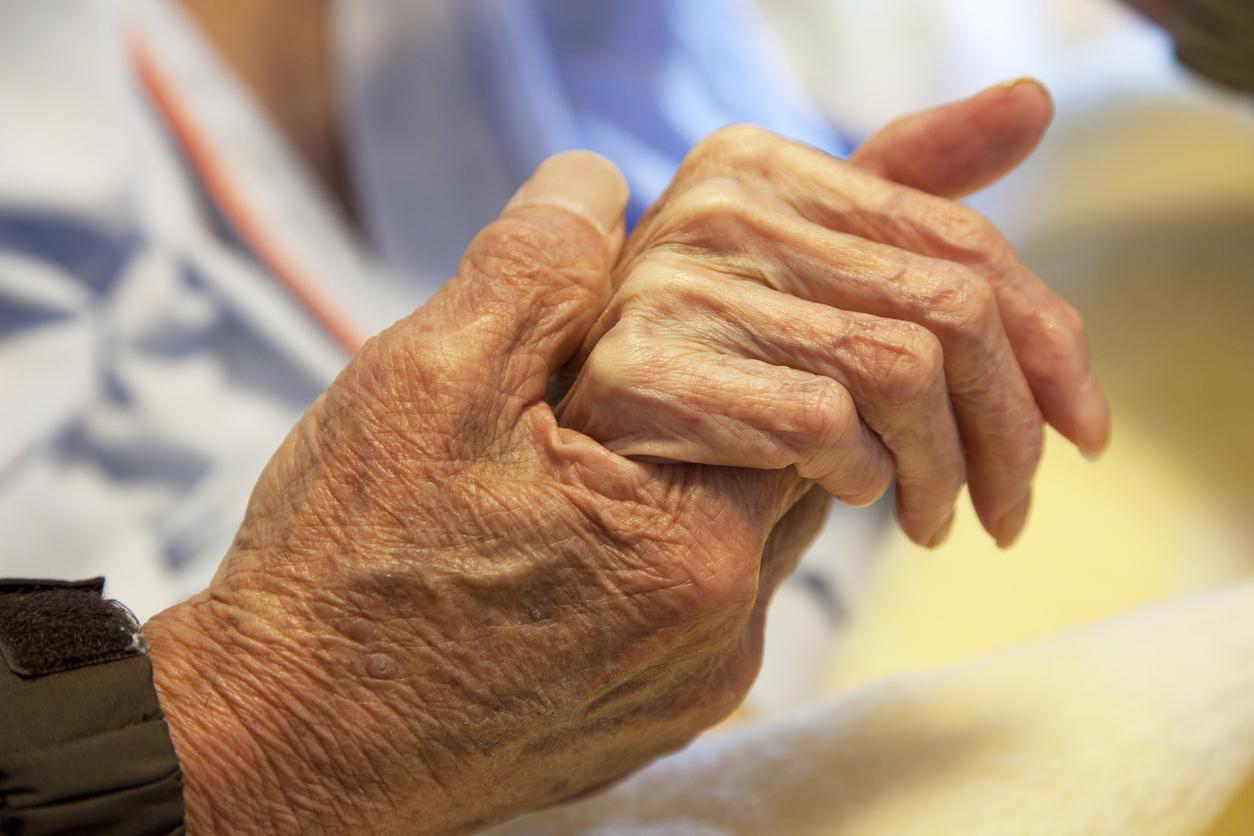After a long legal battle between his wife and his parents, Vincent Lambert died on Thursday. The Leonetti law, however, provided in theory that this type of situation could not arise. What happened then? Do we need a new end-of-life law?

The end of a terrible medical and legal soap opera. Thursday, July 11, after spending eleven years in a vegetative state, Vincent Lambert died. Become despite himself the symbol of a legal battle between his parents, opposed to the cessation of care, and his wife Rachel, Vincent Lambert died at 8:24 am at the CHU de Reims.
Beyond the story of a family torn apart, the case of Vincent Lambert, a psychiatric nurse who became a quadriplegic after a road accident, is also eminently political since it has revived debates around the legislation governing the rights of people at the end of life.
A law with flaws
However, there is a text on this subject in French law: the Leonetti-Claeys law, relating to the rights of patients and the end of life. Voted for the first time in 2005 and then modified in 2016 partly because of the Vincent Lambert affair, it plans to “ensure that the last part of life is as peaceful as possible”, declared on RTL the co-author of the law, Alain Claeys.
Thus, as stated BFM TVthis law allows deep and continuous sedation until the death of the patient but prohibits “unreasonable obstinacy” and “artificial prolongation of life” by the medical profession, even for patients who are not able “to ‘express their will’.
The choice to stop treatment (and not care) is a “collegial decision”, which must be taken after consulting the patient’s advance directives or, failing that, the person of trust who has been previously designated. by him.
However, it is on this point that the “case” of Vincent Lambert was played out: the latter had in fact neither drawn up advance directives, nor appointed a trusted person who could decide on the cessation of treatment. . At present, the law does not answer certain thorny questions: who is responsible for deciding whether or not to stop treatment if the patient has given no instructions and is no longer able to express his or her wishes? Who makes the final decision: the family or the doctors? What to do when the patient’s relatives, as was the case for Vincent Lambert, do not agree?
Towards an evolution of the law?
Should we, then, compensate for these shortcomings by changing the Leonetti law, or by replacing it with a new one?
On this subject, the opinions of experts differ.
Asked by Le Figaro, the law professor and specialist in bioethics Jean-René Binet considers that a rewriting of the law is not necessary, “neither in one direction, nor in the other” because it provides a sufficient legislative framework. “From the moment the law is drafted, it is the doctor who decides. But he does not decide arbitrarily. (…) Medical conditions are subject to an expertise which reveals an unfavorable prognosis for the patient. The conditions non-medical, they depend on the position of the family, the testimonies of the word or the values held by the patient. It is only enlightened by these circumstances that the doctor makes the decision. But it is always he who makes it. and not the family. The weight would be too heavy for the family,” he explains.
In Marianne, Alain Claeys comes out in favor of the evaluation of the Leonetti law. “A law can always be improved,” he says.
In The Conversation, the professor of medical ethics Emmanuel Hirsch also considers that it is necessary “to complete the legislative process to remove the ambiguities” of the law on the end of life. According to him, the last modification of the law in 2016 which gives access to deep and continuous sedation until death can be likened to “slow euthanasia”, which paves the way for a law decriminalizing medically assisted suicide. “The challenge will now be to define the rules, and therefore the limits, while being able to preserve the values of solicitude and solidarity which are the basis of our duties of humanity towards the person who dies”, he believes. .
.





-1730888646.jpg)











